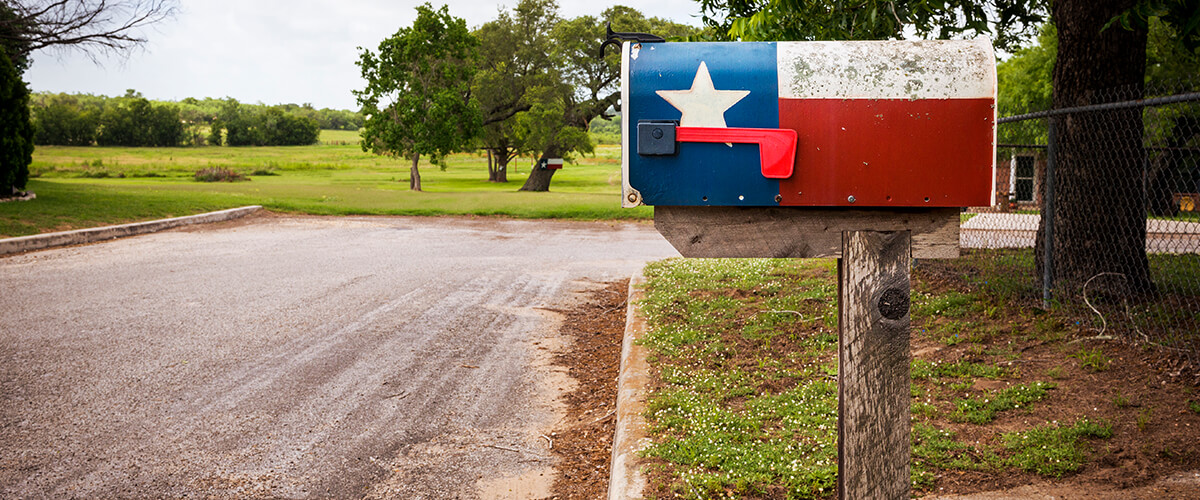All demographics but for Republicans and voters over the age of 65 are in favor of legalizing marijuana for personal use.
A new Quinnipiac University Poll reveals that nearly two-thirds of Texas voters support legalizing recreational marijuana. Sixty-one percent of the poll’s respondents said they are in favor of legalizing the possession of small amounts of marijuana for personal use, compared to 34 percent of voters who said they are opposed.
“Texans are not much different than voters in other parts of the country. They support almost 2-to-1 the idea of allowing small amounts of marijuana for personal use,” Peter Brown, the assistant director of the poll, said in a statement.
The poll of 1,029 registered voters in Texas found that almost every demographic backs recreational marijuana legalization, with the exception of Republicans and voters over the age of 65. Every other demographic, including the other listed political parties, as well as each gender, educational level, age, and racial group were found to be in support of legalization.
The results of Quinnipiac’s survey reveal a record high level of support for the legalization of marijuana in Texas. A poll conducted last year by the University of Texas and Texas Tribune found support for marijuana legalization among Texans to be at 53 percent at the time.
Growing support for marijuana legalization isn’t limited to Texas. Separately, a new nationwide survey by Quinnipiac found that a majority of voters in the United States now support marijuana legalization by a 63 percent to 33 percent margin, an all-time high.
The Texas Quinnipiac University Poll was conducted through phone interviews from April 12-17. The poll has a margin of error of plus or minus 3.6 percentage points.

Changing Marijuana Law in Texas
Of the nine U.S. states with legalized recreational marijuana, all but one made the change through a voter-backed ballot measure. The state of Texas has no mechanism for independent ballot measures, which means that the only way that recreational marijuana could be legalized would be through the Texas Legislature, a bicameral body composed of a 31-member Senate and a 150-member House of Representatives.
Only Vermont so far has legalized recreational marijuana through an act of lawmakers. Vermont’s marijuana law, signed by Gov. Phil Scott in January, legalizes the possession and personal cultivation of marijuana without setting up a system to tax and regulate its production and sale.
Texans hoping their lawmakers will approve similar marijuana legislation will have to be patient. The Texas Legislature does not convene again until January 2019.
For marijuana to be legalized, both the Texas Senate and House would have to approve the bill. It would then have to be signed into law by Gov. Greg Abbott, who in 2015 said he would not approve legislation that would legalize marijuana.
Texas does have in place a limited low-tetrahydrocannabinol (THC) medical marijuana law, which permits those diagnosed with intractable epilepsy and a prescription to purchase and use cannabis oil containing up to 0.5 percent THC and 10 percent cannabidiol (CBD).
Keep Up with the Growing Cannabis Industry
Market analysts have projected that the U.S. cannabis industry will be worth $25 billion by 2025. Read about marijuana industry trends to watch in 2018, and keep up with the growing cannabis industry through our news feed.






